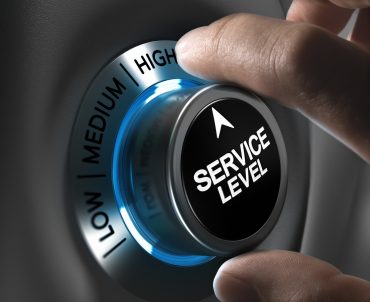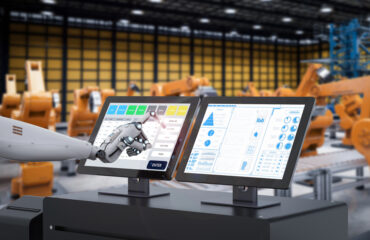
By adopting data-driven training solutions like XR, the aviation industry can effectively ensure engineers and mechanics have the necessary skillsets required for the most advanced aircraft while maintaining the highest standards of safety and efficiency.
In mission-critical aviation environments, the quality of training for engineers and mechanics is paramount. Their work requires seamless collaboration to build and maintain increasingly complex aircraft, where even minor errors can have life-or-death consequences.
Amid a growing skills gap in the aviation industry, the demand for highly skilled workers exceeds the current training capacity. Additionally, as advanced technologies and new regulations arise in the industry, the need for trained professionals and up-skilled experts is crucial.
Aviation is a data-demanding enterprise, and the training of aviation professionals should be no different. However, traditional methods may not keep pace with the rapidly evolving technological landscape.
The Gap in Quality Control
Commercial aviation remains the safest mode of transportation on earth, with experts proclaiming that if you make it to your flight, the most hazardous part of your day is behind you.
Decades of high standards and a relentless focus on identifying and solving problems contribute to the exceptionally high aviation safety ratings. This safe mode of travel is also the result of leveraging technological data-centric solutions such as Traffic Collision Avoidance Systems, Ground Proximity Warning Systems, and Surface Movement Radar.
However, the aviation industry faces a challenge: a widening skills gap and siloed knowledge across teams, hindering effective collaboration in aircraft maintenance. Additionally, new regulations mandating sustainable aviation technologies on aircraft necessitate a shift in training approaches. To address these challenges and ensure continued safety, efficiency, and quality in aircraft maintenance, advanced training technologies are emerging as a critical solution. This requires abandoning traditional training methods.
A key differentiation between digital and traditional training practices is the unique ability to analyze user data and leverage this information to enhance training, including tailoring training to users’ specific needs and using data, which is essential to ensuring trainees are properly prepared for real-world environments.
See also: CompTIA Forms Data Advisory Council to Advance Data-Driven Business Culture
Data-Driven Training Solutions
Extended reality (XR) technology offers a data-driven approach to strengthen training procedures. XR training provides users with immersive, hands-on experiences that require no downtime and pose no additional operational risk or cost to the business. In fact, 91.9% of organizations have reported measurable value from data analytics investments.
Compared to classroom lectures or manuals, XR training fosters deeper engagement and significantly improves knowledge retention. With instructors and students free from the limitations of onsite classroom settings, training becomes limitlessly scalable across an organization.
Crucially, XR training platforms are equipped with comprehensive tracking capabilities that allow instructors to monitor student progress in real time, gathering valuable data on performance. Analyzing this data enables instructors to pinpoint areas of difficulty for individual students and tailor the learning experience to suit their needs.
By customizing training modules to individual student requirements, XR platforms fill knowledge gaps and ensure engineers and mechanics are proficient in handling intricate tasks accurately. This targeted approach minimizes the risk of errors during aircraft maintenance and construction, ultimately leading to a safer and more efficient aviation industry.
See also: Three Strategies for Building a Data-Driven Company
A Holistic Approach to Improving Productivity & Safety
In the high-stakes environment of aviation maintenance, the quality of training for engineers and mechanics is paramount. These professionals are responsible for maintaining increasingly sophisticated aircraft, where even minor errors can have catastrophic consequences.
In response to today’s skills gap and evolving regulatory challenges in the industry – and to maintain the exemplary safety record of commercial aviation – the industry is embracing innovative training solutions. XR technology revolutionizes training by leveraging data to improve safety, efficiency, and quality control.
By adopting data-driven training solutions like XR, the aviation industry can effectively ensure engineers and mechanics have the necessary skillsets required for the most advanced aircraft while maintaining the highest standards of safety and efficiency.
This allows the aviation industry to quickly adopt new technologies and continue to be the world’s most reliable mode of transportation.





























